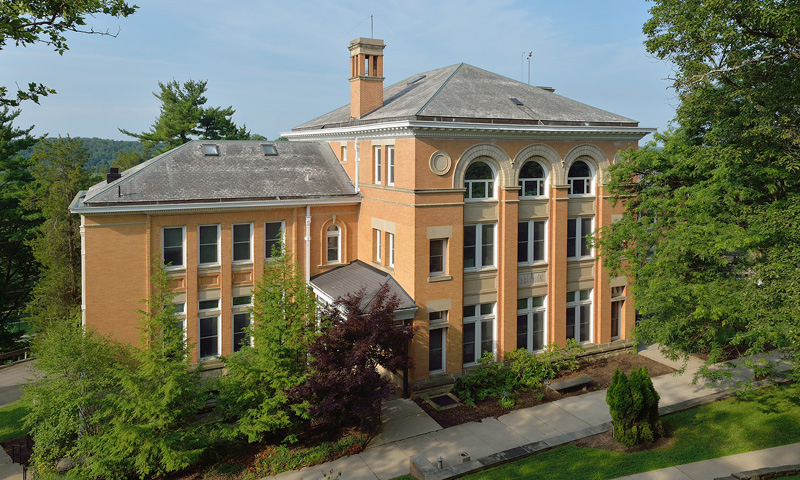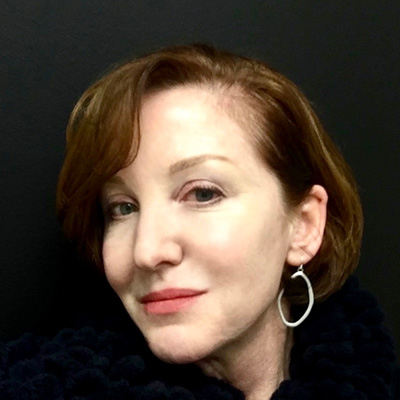Ann Townsend, professor of English and director of creative writing at Denison University, writes about the exposed emotions of love and loss in her new poetry collection, Dear Delinquent: Poems. Her book shows that it is possible for poetry to be simultaneously raw and elegant, direct and oblique, hurtful and consoling.
“Poems reflect your local conditions: whatever your conditions are, you respond to them, either well or badly,” Townsend says. “This book responds by pushing back.”
Dear Delinquent is different from Townsend’s earlier collections of poems. “Those earlier collections were thematically coherent and had subjects that bound them, but this one reads like a novel with one true storyline,” she says. “It’s a story of being in love with the wrong person and how that feels, and it asks the question ‘what is it like to make mistakes after mistake after mistake?’”
For Townsend, this collection was particularly difficult to write. “Every time you sit down to write a poem, you are in some ways learning all over again what it’s like to write a poem,” she says. For many poets, self-doubt can be constant while writing new material.
Although challenging to put together, Townsend considers it her best book. “I learned how to dig deeper both linguistically and emotionally than ever before,” she says. “I was harder on myself.”
Assembling a collection like Dear Delinquent requires extra eyes and support. “You never really know whether something captures what is difficult or ineffable about a moment or a subject,” Townsend says. She relies on smart readers, including professor of English David Baker, who offered her a critical eye when putting the final collection together.
Townsend also learns from her students. “My students are wonderful writers, and half the time they’re teaching me things,” she says. In her poetry translation class particularly, her students teach her by bringing in work from other languages that she’s never studied before. “It’s enormously interesting and helps me realize how large the writer’s world is,” she says.
Townsend’s advice to students is to read in ways that you wouldn’t anticipate and read the work of people who you might not normally read. “Having the company of other writers in the form of the books they’ve written is to have a host of teachers,” she says. “They are showing you the path.”
Like most poets, Townsend is always reading poetry and taking notes. Currently, she is working on a book of essays about poetry called American Bittersweet that will cover themes of the natural world and translation.
Townsend lives on a 10-acre flower farm and spends time growing things when she’s not writing. Much of her inspiration for poetry stems from the natural world. “For me, that’s as close as I get to writing poems; when you hybridize a plant to make a new flower, that’s like making a poem,” she says.

